Anxiety, excess weight, late night Netflix and even an old mattress can all steal your precious sleep. In the long-term this can increase your risk of among other things poor immunity, heart disease, dementia and diabetes.
Editor Jane Garton looks at ways to chase away the night-time thieves.
Sleep thief: Excess weight
Poor sleep has long been linked to excess weight, although according to the experts it’s hard to know if this is cause or effect.
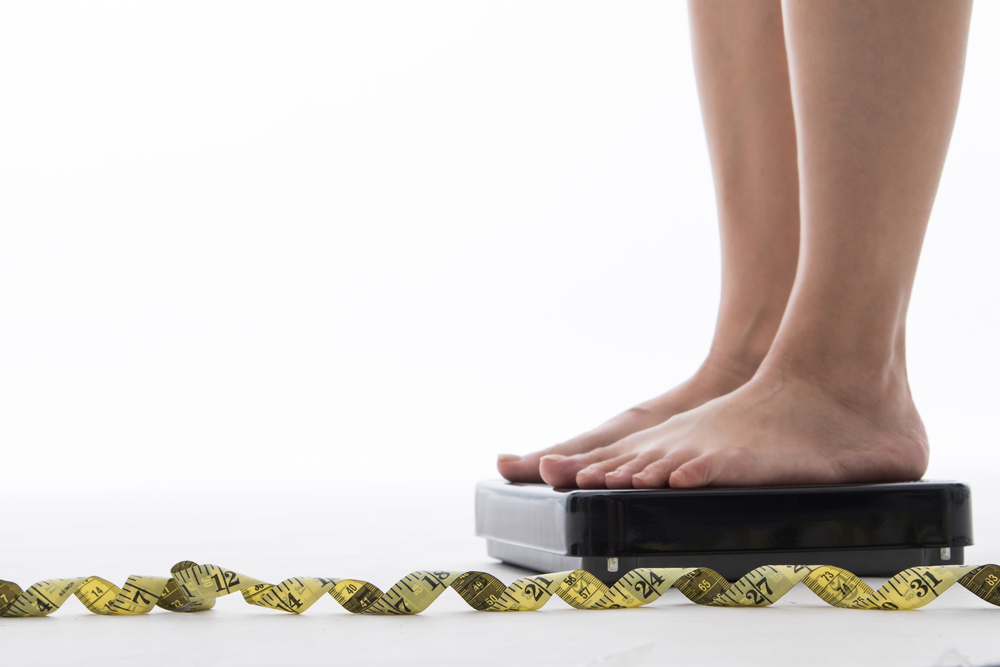
Sort it:
High blood sugar levels followed by eight hours without any activity is a perfect recipe for belly fat, so avoid evening snacking or eating 2-3 hours before you go to bed.
Include plenty of low glycaemic index (GI) foods such as fresh vegetables and slow-release carbohydrates including oats, brown rice, pulses and sweet potatoes. This will help to keep blood sugar balanced. Try to relax and keep a calm mindset: anxiety and tension trigger the stress hormone cortisol, which has been linked to an increase in fat around the middle.
Sleep thief: Your smartphone
It is thought the light from mobile phones, computers and tablets can disrupt the working of the pineal gland in the brain blocking production of the sleep hormone melatonin.
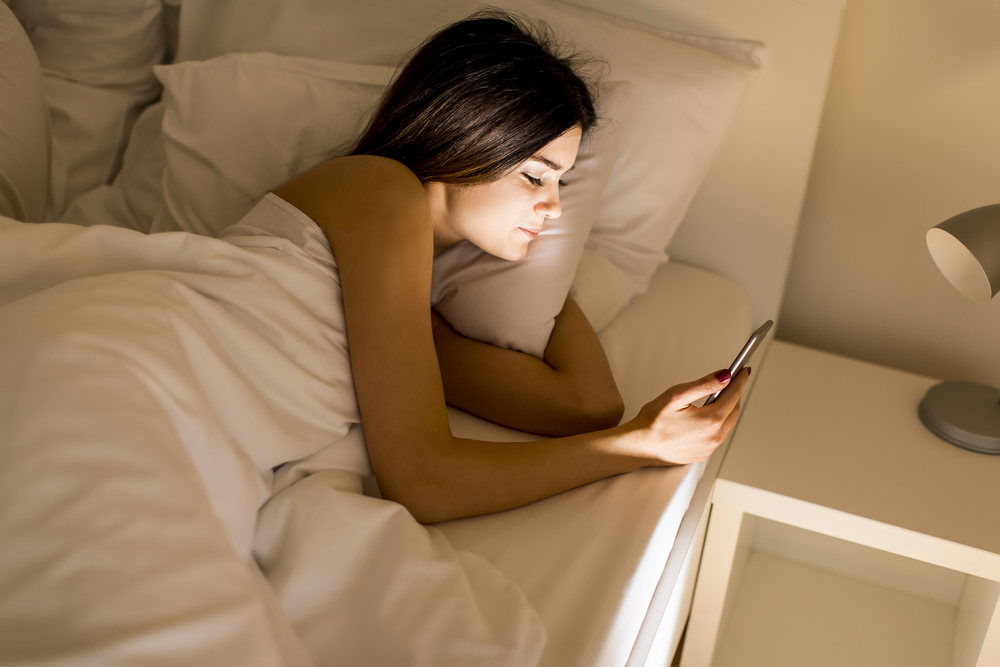
Sort it:
Make your bedroom a tech-free zone. Leave your mobile and other high-tech gadgets turned off downstairs and resist the urge to check emails or social media before bed. Hide or move your digital clock or clock radio and use dark blinds or curtains or wear an eye mask. If you get up in the night to go to the loo don’t switch on the light. Use a torch or a low-level landing plug-in light to guide you.
Sleep thief: The menopause
Sleep problems are exacerbated by hot flushes and night sweats, which affect eight out of 10 women. The reason? Body temperature drops as we fall asleep and any rise can cause wakefulness.
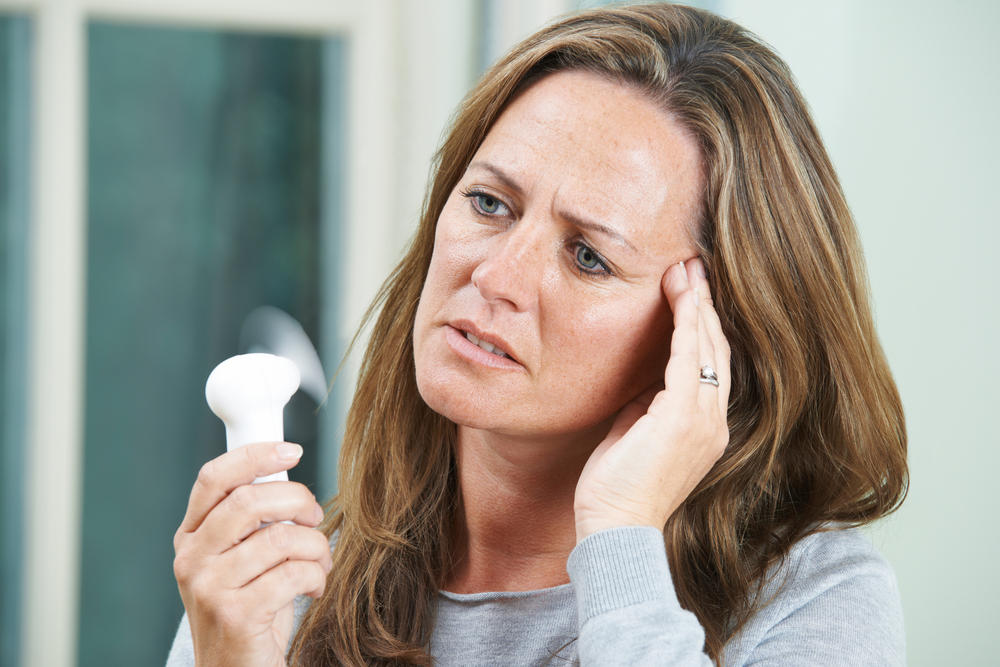
Sort it:
Help prevent flushes by opening your bedroom window. If a hot flush wakes you, sip a glass of cold water to cool you down from the inside to help you go back to sleep again. The herbal remedy black cohosh may also help reduce flushes and other menopausal symptoms including irritability, mood swings, and restlessness.
Sleep thief: Twitchy legs
Restless leg syndrome (RLS), an overwhelming urge to move the legs together with sensations of tingling, creepy, itching, pulling or aching, increases the risk of insomnia as we get older. Symptoms are most severe in the evening and at night.

Sort it:
RLS has been linked to a shortage of iron in the brain so eat plenty of iron-rich foods such as red meat, egg yolks and leafy green veg. Alternatively, try an iron supplement. Yoga, Pilates and other stretching techniques can help relax muscles and may help ease symptoms.
Sleep thief: Worry and angst
Lockdown stress and worry about the future can increase night-time wakefulness or prevent us from getting to sleep in the first place.
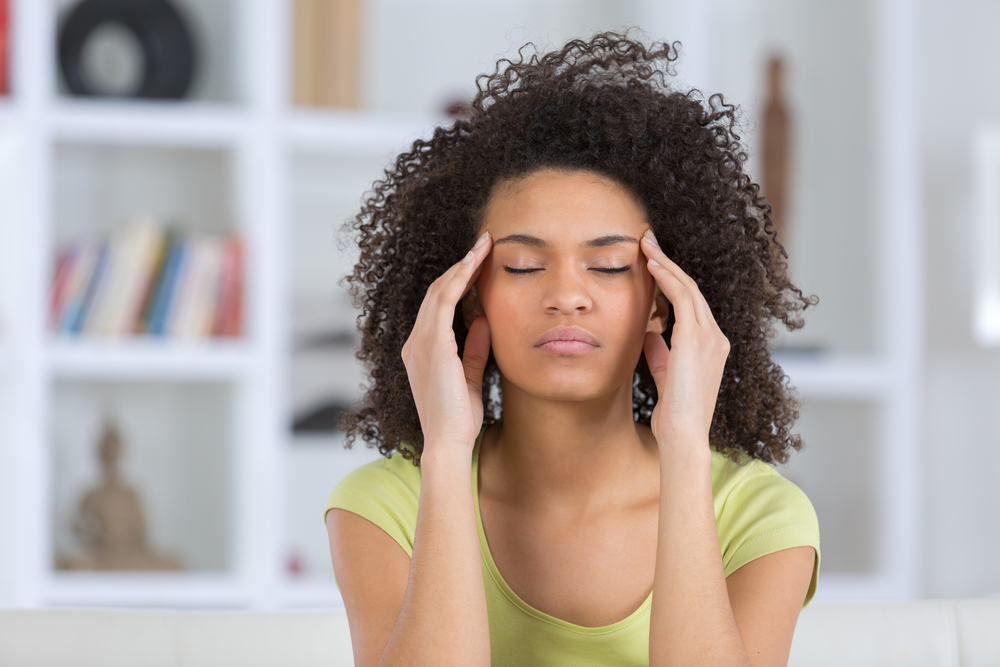
Sort it:
Mindfulness – noticing things objectively and without judgment – grounds you in the present and can promote sleep. Writing worries down in a notebook, which you keep by your bed, may also be worth a try. If these don’t help, the herbal remedy valerian offers a natural solution to mild anxiety and has fewer side effects than sleeping pills. Other relaxing supplements include 5 HTP, which can increase levels of the body’s happy hormone serotonin, magnesium and B vitamins.
Sleep thief: Too much late-night Netflix
Watching something exciting on TV overstimulates the brain, which can hinder sleep, while staying up beyond your regular bedtime can disrupt your body clock.

Sort it:
Aim to switch off the TV an hour before you go to bed to allow your brain to settle. If a film finishes after your bedtime remember you can always watch it on playback the next day rather than staying up. Following a short wind-down routine after turning off the TV may also help – have a bath, listen to some music, brush your teeth, wash your face, read a book in bed.
Sleep thief: Your bed
Is your bed big enough? Being disturbed by a partner is one of the most common sleep complaints.
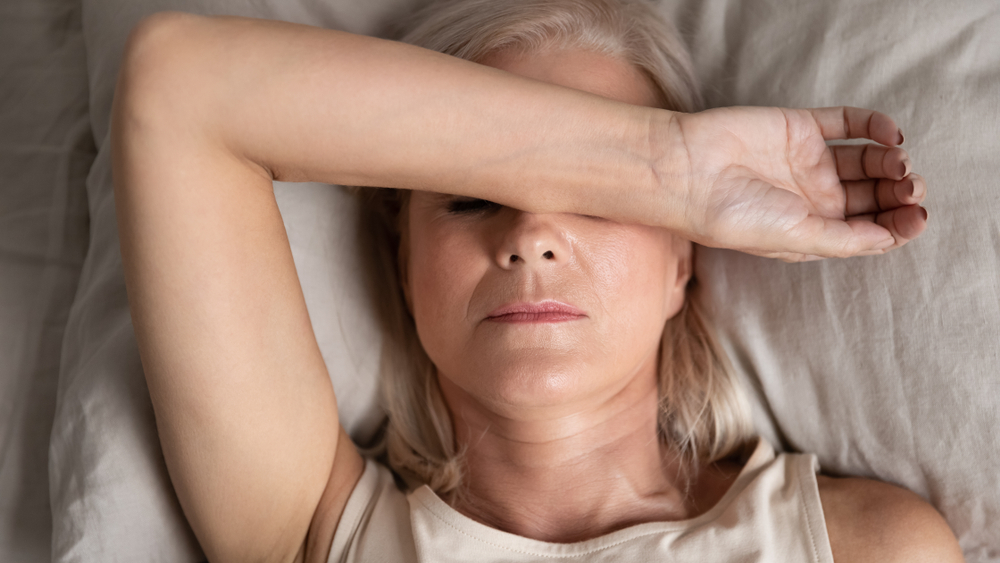
Sort it:
Bed sharers should be able to lie side by side with their arms behind their heads and elbows out, without touching. Old mattresses are not conducive to a good night’s sleep either. The National Bed Federation advises we replace them every seven to eight years. Pillows are important too. Buy the best ones you can afford and replace every two to three years.
March 19th is World Sleep Day. For more information and advice visit the Sleep Council website.

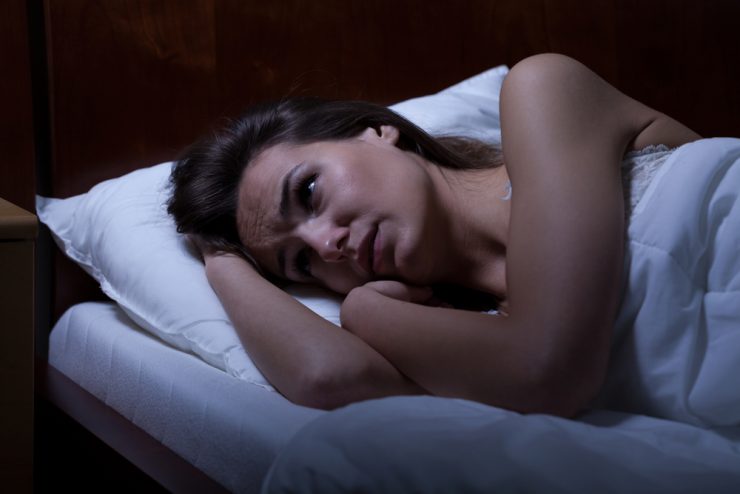






















Add comment